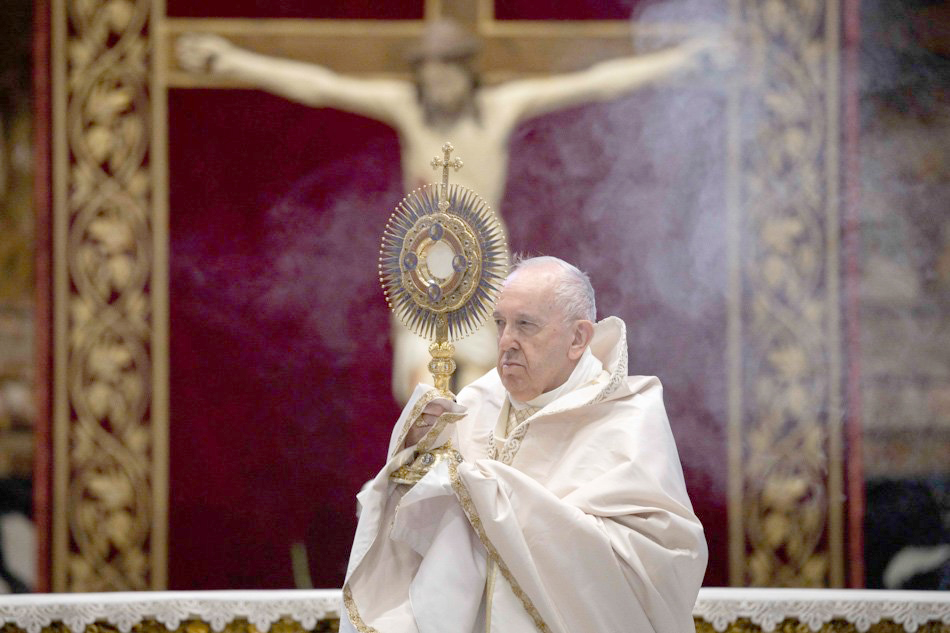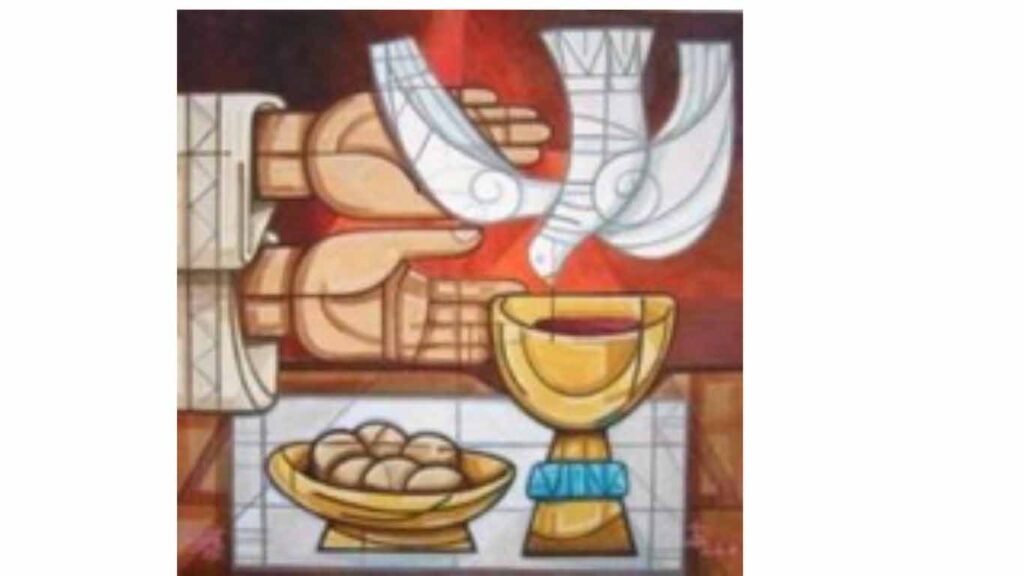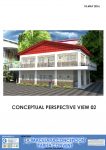November 29, 2020
By Father Bill Kreutz, SJ, Loyola House of Studies, Scripture from the New American Bible
R: Lord, make us turn to you; let us see your face and we shall be saved.
2 O shepherd of Israel, hearken,
from your throne upon the cherubim, shine forth.
3 Rouse your power, and come to save us.
R: Lord, make us turn to you; let us see your face and we shall be saved.
15 Once again, O LORD of hosts, look down from heaven, and see; take care of this vine, and protect 16 what your right hand has planted the son of man whom you yourself made strong.
R: Lord, make us turn to you; let us see your face and we shall be saved.
18 May your help be with the man of your right hand,
with the son of man whom you yourself made strong.
19 Then we will no more withdraw from you;
give us new life, and we will call upon your name.
R: Lord, make us turn to you; let us see your face and we shall be saved.
A REFLECTION and PRAYER
A beautiful Psalm 80 – a plea for God’s help.
The context of this cry of the Israelites that their Lord God come and save them is placed around 720 BC when the Assyrians defeated them in battle, devastated the land and took away men, women and children as prisoners to be slaves.
There was a realization that they had not been faithful to the covenant that Moses made on their behalf with God. The vineyard of the Lord was desolated – they cry out for help.
In our time, more than 2000 years later, the Church uses this Psalm in anticipation for the special coming of the Lord in the Christmas season. It would seem that only a spiritual message was to be communicated, a spiritual renewal to be asked for.
But now, November 2020, we do ask for healing and relief, we are overcome, devastated by the COVID 19 pandemic. We cry out for help. That may be our first thought.
Yet there are many others who need us to cry out to the Savior Jesus on their behalf:
My thought today is that we pray for so many who suffer so much –
- those caught in the drug wars in Mexico
- the persecuted minorities in China, Myanmar, India and in areas of Europe, America and Africa
- persecuted Catholics and Christians and other faiths
- the jobless and the hungry because of this time of dislocation
As I consider those above, can I think of those nearby who suffer –
- workers not paid just wages
- abused staff and household helps
- the many “little people” who suffer from the abuse of police and military
Can we cry out for these –
It would be good to read this Psalm 80 each day this week and to take some time for reflective prayer –
The final thought – our mantra these holy days –
Come, Lord Jesus, Come – and save us –
And help us in your name to help save others –
Image from Google





